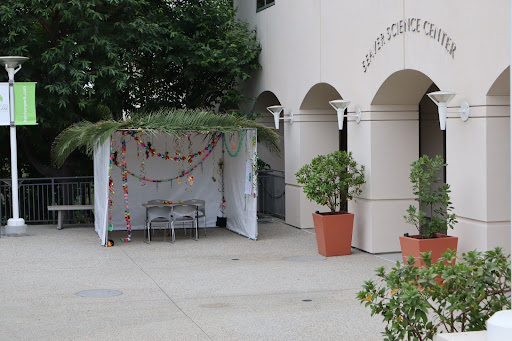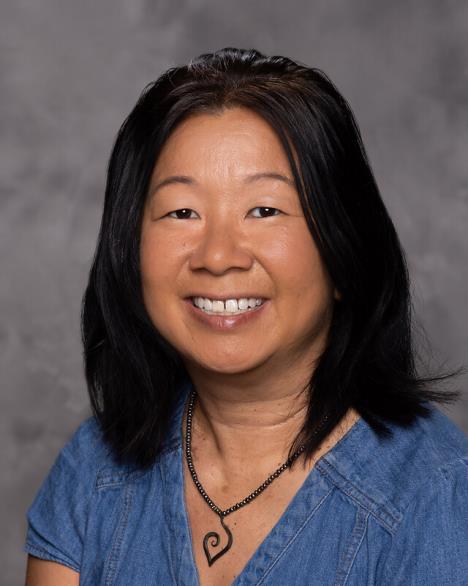BLACC invited guest speaker Austin Channing Brown to speak to Harvard-Westlake (HW) Middle School about racial justice in America at an all-school assembly Jan. 8.
Brown is a speaker, writer, and media producer providing leadership on racial justice in America. Her 2018 memoir, “I’m Still Here: Black Dignity in a World Made for Whiteness” became a bestseller last year, promoting the resurgence of national interest around racial injustice following the murders of Ahmed Arbory, Briana Taylor and George Floyd, among others. She also works as an executive producer of the web series “The Next Question.” Her work has been featured in outlets such as On Being and the Chicago Tribune.
Brown started by talking about racial injustice in general, clearing up confusion that may revolve around the topic by saying how it is a difficult and often messy topic but if we all work together and acknowledge the core of it, we can finally understand the matter at hand and have a chance at dismantling racial injustice.
“Because we believe that everybody is created the same, then we have to ask what’s going on?” she said. “And often what’s going on is a difference in resources, a difference in access, a difference in opportunity, a difference in poverty rates. That there are systemic reasons why the difference why the disparity exists. And racial justice seeks to involve itself in that disparity in those systems to say, what if we all had the same opportunities, if we all had the same resources, those disparities would cease to exist.”
She acknowledged how, when on the topic of racism, a discussion is usually quick to escalate. To avoid these heated conversations, it is important to understand the idea at hand as a whole and that ultimately what the core of racial justice is about making sure that the humanity of all of us the dignity of all of us is honored.
In the Q&A session, Brown gave her insight on several topics regarding racial injustice going on right now.
When asked what the term racial injustice meant to her, Brown responded by explaining how racial disparities exist in almost every sphere of American life, how if you look at any major system in America you will see racial disparity. However, she believes that racial injustice is essentially the theory that those injustices are those differences.
“Those disparities don’t exist because there’s something wrong with people of color, those disparities exist because there was an injustice that took place,” Brown said. “And working toward racial justice is trying to fix the injustice that already took place.”
One of the student moderators asked how she hopes her work makes a difference in the world.
“My hope is that when I come to speak to a group like you all or a corporation or a college, I really hope that I am saying things that make black women and other people of color feel affirmed,” Brown said. “I hope that it feels like not like I’m telling your story, but that I’m telling our story. I hope it feels like you can now speak your truth and say your thing and explain how you feel because I have sort of kicked the door open.”
During her talk, she spoke about representation in an English classroom and her personal experience. She explains how, by not being in the majority culture, it is hard to understand or appreciate these experiences, and students end up to try and fit and contort into the curriculum, into the examples, into the books they are reading and into the media they are watching.
She then narrated one of her experiences, “Our teacher was explaining that there are certain things we should do daily, and that was one of the first times that I realized that there were so many educators, media personalities, books, just on and on and on, people had no idea what it was like to be a black girl in America. What it was like to live in this body, what it was like, to be me to have this culture. And I know I don’t think white people always fully realize how often people of color are translating an effect in order to make sense of the world.”
Max Norden, a student from the HW middle school who attended the talk shared his thoughts. He said that he was inspired and thought that it was a great idea to recognize and bring up such an important topic that is often hard to talk about.
Members of BLACC could not be reached for comment.





